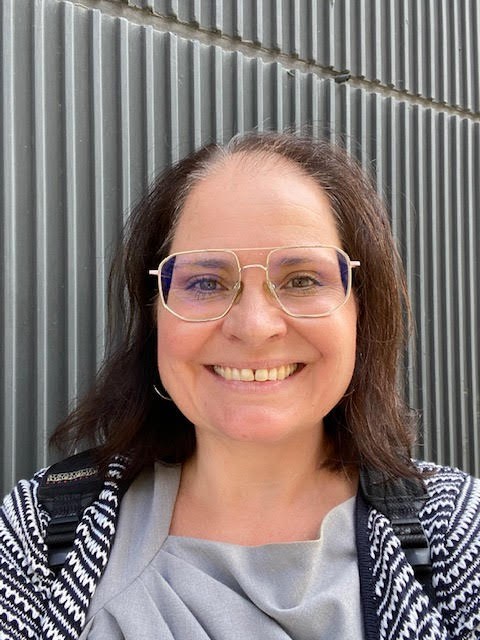Associate professor and Director for LINA, Kristina Johansson, on Leadership in Digitalised Organisations
Kristina Johansson is the Director of LINA and a senior lecturer in pedagogy, with a focus on adult learning, at University West. She conducts research on work integrated learning (WIL), social sciences, educational sciences and pedagogy. Her department has just launched a new Master in Leadership in Digitalised Organisations.
Can you tell us a little bit about The School of Business
 The School of Business, Economics and IT is multidisciplinary. We cover economics, informatics, political science, surveying – our work covers a very diverse range of academic disciplines. Students will get to interact with lots of professors and supervisors who are also instructors for our PhD programmes in work integrated learning.
The School of Business, Economics and IT is multidisciplinary. We cover economics, informatics, political science, surveying – our work covers a very diverse range of academic disciplines. Students will get to interact with lots of professors and supervisors who are also instructors for our PhD programmes in work integrated learning.What is the primary focus of the Master in Leadership in Digitalised Organisations?
The main focus is to develop active leaders who have an agile leadership model. “Leadership 2.0” is collaborative and creates sustainable processes for social sustainability.
To be socially sustainable, we are trying to get beneath the layer of class, ethnicity, etc. to develop new ways of seeing people that foster equality and allow us to work together in better ways.
Old leadership values and styles are usually not sustainable, innovative or agile. For example, how should we really organise the workday? Who should do which tasks? Tasks are not always related to educational level; they are more competence based. We are now building this new way of leading.
Sweden is historically known for creativity and critical thinking; it makes sense that we are now fostering new leaders who can move quickly and create spaces – not boxes – for co-workers to move ahead within the company.
How will students be able to interface with companies and organisations?
You will be exposed to real-life research and case studies on workplace learning, including lifelong learning, competence development and how we design for that in companies.
Some relevant projects on hand right now centre on digitalisation in schools, for example. There is a European project on COVID-19 and student/staff adjustments to new learning and social environments.
We have projects within healthcare IT and wellbeing, organisations, industry, and WIL as an educational model and philosophy.
Are there research opportunities for students in the new master’s programme?
Master’s students have support in developing their research project with supervisors. There is an internship opportunity as part of the programme as well, so you will have dialogue with companies on real-world issues needing further research.
You can also interface with active research at University West by participating in webinars, conferences and more through the research groups. LINA itself is very multidisciplinary, with 120 researchers from many different areas of study. This atmosphere of diverse research lends flavour to your studies, and you can tailor your involvement to your interests.
Is there anything you want students interested in these fields to know?
One thing is really important: we have been working in WIL for more than 30 years, and we are a small university in a small city, near a very big one. If you’re interested in the relationship between theory and practice, this is a great place to be. We have built a programme that we believe is actually going to create change.
You can be an active driver of change in the field, not limited to one sector. There are many opportunities. We are not treating you as a traditional student. We are trying to guide you in becoming an active agent in work life.
Learn about the Master in Leadership in Digitalised Organisations


